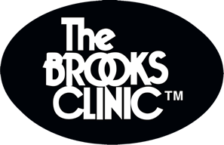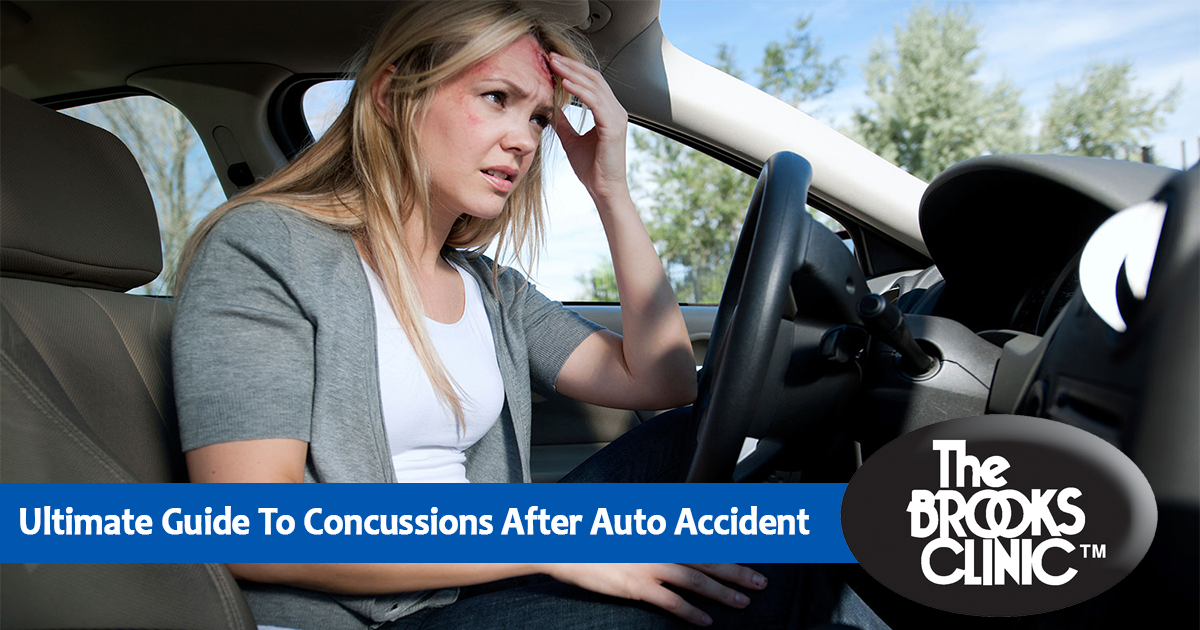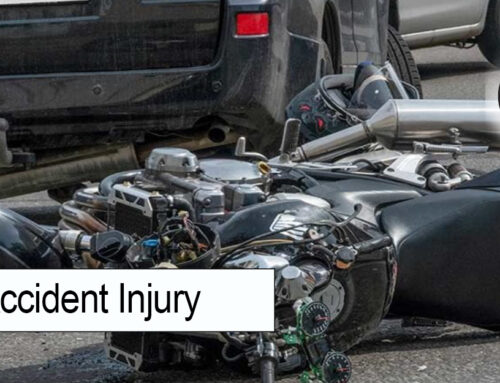Concussions after an auto accident are a common occurrence. Concussions have been on the news quite a lot lately coming from the impact they have on athletes. However, you don’t have to be an athlete to experience concussions. Auto accidents can have significant consequences, and one of the most common injuries that can occur is a concussion. A concussion is a type of traumatic brain injury that can happen when there is a forceful impact to the head, such as during a collision. While we often associate concussions with contact sports, it’s essential to recognize that they can also occur as a result of auto accidents. In this blog article, we will explore the effects of concussions in the context of auto accidents, including the signs and symptoms to watch for, potential long-term consequences, and the importance of seeking proper diagnosis and treatment. Understanding concussions after an auto accident is crucial for promoting brain health and ensuring a safe recovery following an auto accident.
Signs You Have A Concussion
If you suspect a concussion after an auto accident, it’s important to be aware of the signs that may indicate a concussion. While symptoms can vary from person to person, here are some common signs to watch for:
- Headache: A persistent or worsening headache that lingers after the accident can be a sign of a concussion. It may feel like pressure or a throbbing sensation.
- Dizziness and balance issues: Feeling off-balance, unsteady, or experiencing frequent bouts of dizziness can be indicative of a concussion.
- Confusion and memory problems: Difficulty concentrating, feeling mentally foggy, and experiencing memory lapses are common cognitive symptoms of a concussion.
- Nausea and vomiting: Feeling nauseous or vomiting after an auto accident can be associated with a concussion, especially if there was a blow to the head.
- Sensitivity to light and noise: Increased sensitivity to light and noise, known as photophobia and phonophobia, respectively, can be present in individuals with a concussion.
- Fatigue and sleep disturbances: Feeling excessively tired, experiencing changes in sleep patterns, or having trouble falling asleep can all be signs of a concussion.
- Mood changes: Emotional symptoms such as irritability, anxiety, depression, or sudden mood swings may indicate a concussion.
Remember, these signs may not always appear immediately after the accident, and they can develop or worsen over time. If you experience any of these symptoms or suspect a concussion, it’s crucial to seek medical attention promptly for proper evaluation and guidance on the next steps.
Long-Term Effects Of Concussion
If left untreated, a concussion can potentially lead to long-term effects that may impact an individual’s physical, cognitive, and emotional well-being. Here are some of the possible long-term consequences:
- Post-Concussion Syndrome (PCS): Some individuals may develop post-concussion syndrome, experiencing persistent symptoms that last for weeks, months, or even longer. These symptoms may include headaches, dizziness, memory problems, difficulty concentrating, sleep disturbances, and mood changes.
- Cognitive impairments: Untreated concussions can result in cognitive difficulties, such as problems with attention, memory, and processing speed. This can affect a person’s ability to learn, concentrate, and perform daily tasks.
- Emotional and behavioral changes: Concussions can contribute to emotional disturbances, including increased irritability, mood swings, anxiety, and depression. These changes can significantly impact an individual’s overall well-being and quality of life.
- Increased risk of future concussions: Sustaining a concussion without proper treatment or recovery increases the risk of experiencing subsequent concussions in the future. Repeat concussions can have cumulative effects and pose a higher risk for severe and prolonged symptoms.
- Post-Traumatic Headache: Persistent headaches can occur as a long-term effect of untreated concussions. These headaches may be chronic and significantly affect daily activities and quality of life.
Treatment Of Concussion
When it comes to treating a concussion resulting from an auto accident, the focus is on managing symptoms, promoting rest and recovery, and gradually returning to normal activities. Here are some of the top treatments available:
- Rest and activity modification: Rest is crucial in the early stages of concussion recovery. This includes both physical and cognitive rest, limiting activities that may exacerbate symptoms. Gradually, under medical guidance, individuals can start to reintroduce light activity and gradually increase their level of exertion.
- Medications: In some cases, medications may be prescribed to manage specific symptoms associated with concussion, such as headaches, pain, or sleep disturbances. However, it’s important to note that medication use for concussion treatment is tailored to individual needs and should be closely monitored by a Brooks Clinic provider.
- Cognitive rehabilitation: If individuals experience cognitive difficulties following a concussion, cognitive rehabilitation therapy may be recommended. This therapy involves various exercises and strategies to help improve cognitive function, memory, attention, and problem-solving skills.
- Vestibular rehabilitation: For individuals experiencing balance and dizziness issues, vestibular rehabilitation can be beneficial. This therapy includes exercises and techniques to address inner ear and balance-related problems, promoting stability and reducing dizziness.
- Physical therapy: Physical therapy can help address any physical symptoms or impairments resulting from the concussion. It may involve exercises, stretches, and techniques to improve strength, flexibility, and overall physical function.
It’s essential to remember that treatment plans for concussions are individualized, and each person’s recovery process may differ. Seeking prompt evaluation and guidance from a reputable auto injury clinic with experience in managing concussions is crucial for appropriate treatment and ensuring a safe and successful recovery.
Conclusion
In conclusion, concussions after an auto accidents can have significant implications for individuals’ health and well-being. It is crucial to recognize the signs and symptoms of a concussion and seek appropriate medical attention to ensure a proper diagnosis and treatment plan. The long-term effects of an untreated concussion can be severe, ranging from cognitive impairments to emotional and physical challenges. By promptly addressing the concussion and following recommended treatments, such as rest, activity modification, and various therapies, individuals can support their recovery and minimize the potential long-term consequences.
At The Brooks Clinic, our dedicated team of board-certified physicians is experienced in diagnosing and treating concussions resulting from auto accidents. We prioritize the well-being and recovery of our patients, providing comprehensive care and support throughout the healing journey. Remember, if you suspect a concussion after an auto accident, don’t hesitate to reach out for medical assistance to ensure a thorough evaluation and appropriate treatment for a successful recovery.




